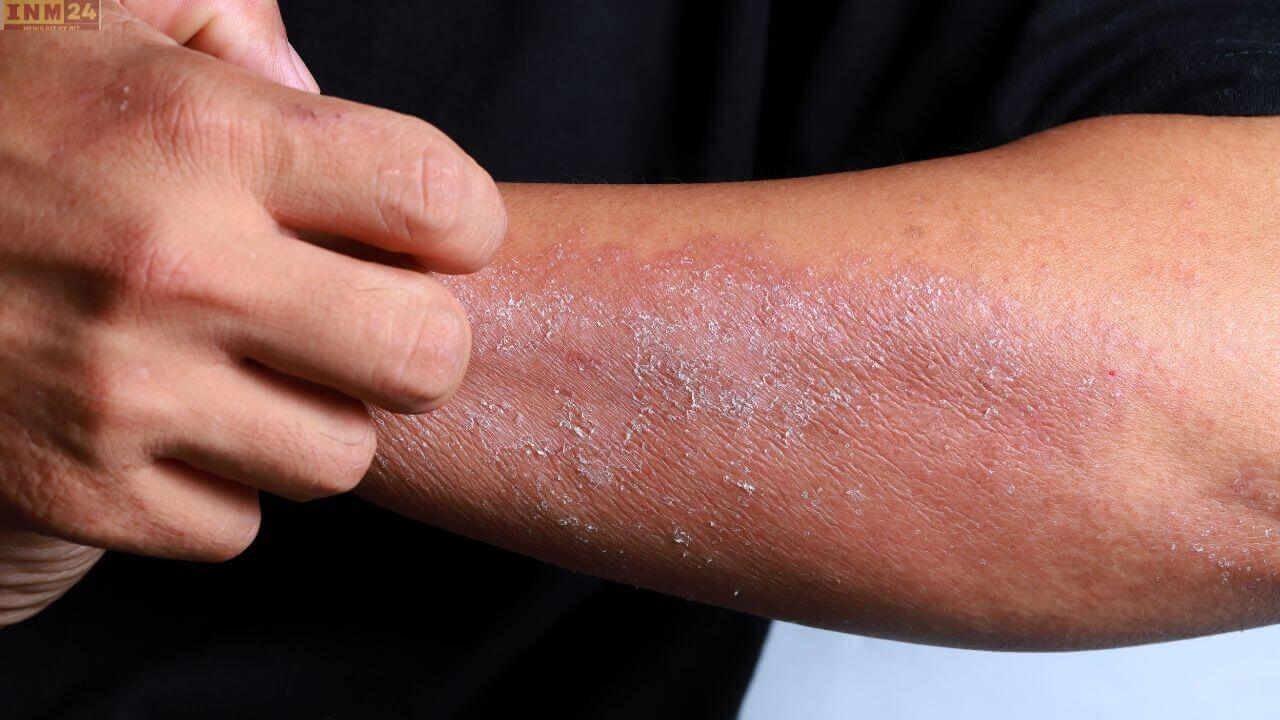Diabetes is one of the most harmful diseases affecting millions of people worldwide due to poor lifestyle choices and lack of awareness.
In today’s era, due to poor lifestyle choices, people are falling prey to dangerous diseases at a young age. One of these diseases is diabetes. Diabetes is one of those incurable diseases that make it difficult for a person to even move around when the sugar level is high. The reason behind diabetes is high sugar levels, which weaken the immune system and reduce the ability to produce insulin. As a result, blood sugar levels begin to fluctuate. Consistent high blood sugar levels pose a risk of diabetes. When high, they also start to affect other parts and functions of the body, leading to problems like heart disease, kidney issues, and high blood pressure.
According to experts, changes in skin color can also be a symptom of diabetes. Observing these changes should alert a person to be cautious. Ignoring such symptoms can put one’s life at risk. Changes in the skin can indicate diabetes symptoms, and if not treated in time, they can even be life-threatening.
Signs of Diabetes on the Skin
Sudden Appearance of Acne or Pimples
If you notice a sudden increase in the number of pimples or pimples on your skin, it could be a sign of pre-diabetes.
Dark Patches Underarms and Neck
Dark patches forming under the arms or around the neck, or feeling soft when touched, could indicate an increase in blood sugar.
Appearance of Deep Black Spots on Any Part of the Body
If deep black spots start appearing on any part of the body, it could be a symptom of diabetes.
Delayed Healing of Minor Injuries
If it takes longer than usual for minor injuries to heal, it could be a sign of diabetes. This weakens the body’s immunity.
Itching or Sudden Severe Pain on the Skin
Itching or sudden severe pain on the skin can be a sign of high diabetes.
Very Dry and Lifeless Skin
If your skin becomes very dry and lifeless, it could be a sign of diabetes.
If you notice any of these symptoms on your skin, it’s essential to take them seriously and consult a doctor for advice.
